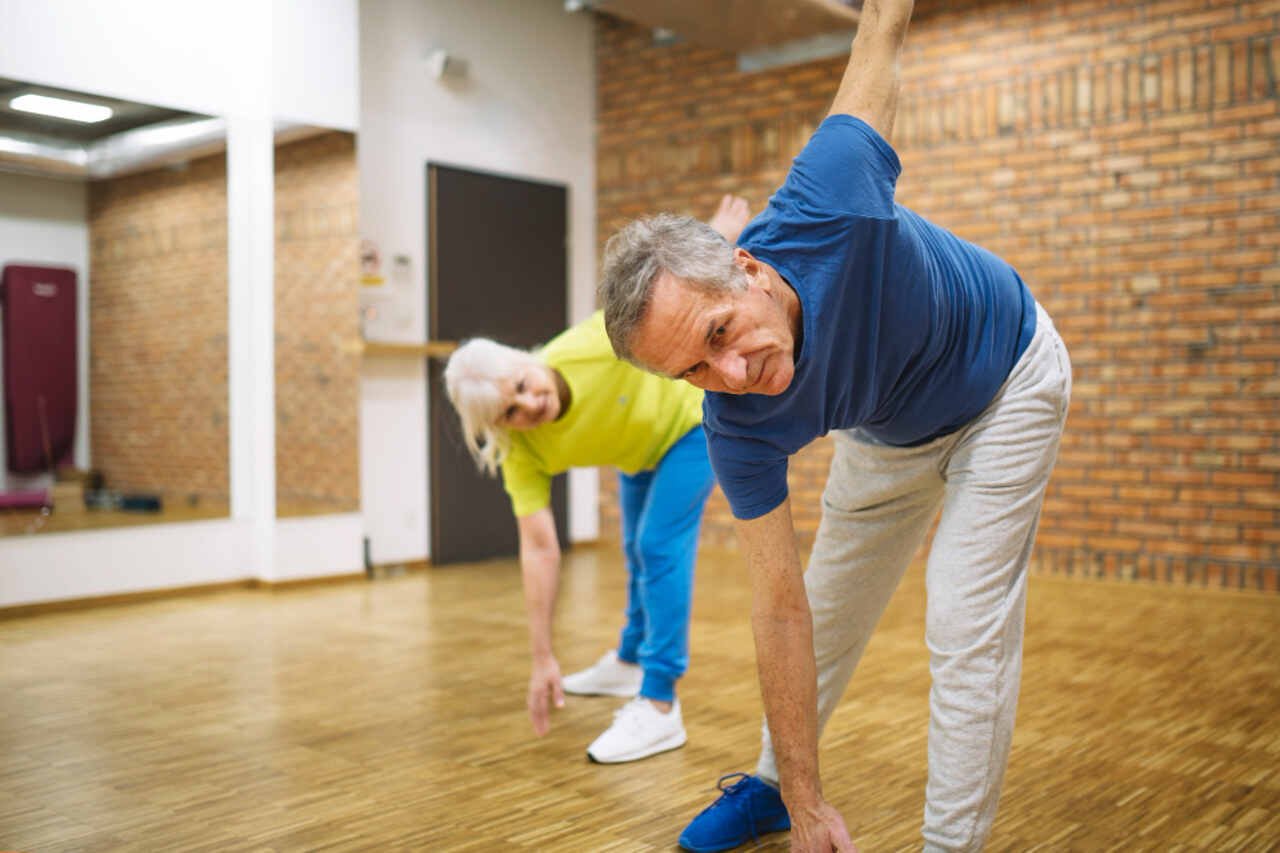Cognitive decline is a growing concern as people age, with conditions like dementia and Alzheimer’s disease affecting millions worldwide. While genetics and other factors play a role in brain health, research has shown that lifestyle choices, particularly regular physical activity, can significantly reduce the risk of cognitive decline.
Exercise benefits the brain in multiple ways, from improving blood flow to promoting neurogenesis. Here’s how incorporating physical activity into your routine can help protect cognitive function as you age.
Improves Blood Flow and Oxygen Supply to the Brain
One of the most immediate benefits of exercise is its ability to enhance circulation. Physical activity increases blood flow, ensuring the brain receives adequate oxygen and nutrients. This improved circulation helps remove toxins and reduces inflammation, contributing to cognitive decline.
Aerobic exercises like walking, swimming, and cycling have been particularly effective in maintaining a healthy vascular system, supporting brain function and cognitive longevity.
Reduces the Risk of Neurodegenerative Diseases
Neurodegenerative diseases, such as Alzheimer’s and Parkinson’s, are closely linked to inflammation and oxidative stress. Regular exercise has been shown to reduce these harmful effects by enhancing the production of antioxidants and anti-inflammatory molecules.
Studies suggest that regular exercise can reduce the likelihood of developing dementia by up to 20% compared to those who lead a sedentary lifestyle. Strength training, in particular, has been associated with improved memory and problem-solving skills in older adults.
Enhances Neurogenesis and Brain Plasticity
Exercise plays a crucial role in neurogenesis, the process of generating new neurons in the brain. Activities such as running or resistance training stimulate the release of brain-derived neurotrophic factor (BDNF), a protein that supports neuron growth and survival. Additionally, exercise enhances brain plasticity, allowing the brain to form new connections and adapt to new experiences. This ability to create and strengthen neural pathways is essential in maintaining memory, learning abilities, and cognitive function throughout life.
Regulates Stress and Reduces Cortisol Levels
Chronic stress and high levels of cortisol, the stress hormone, have been linked to cognitive impairment and memory loss. Exercise is a natural stress reliever, helping to regulate cortisol levels while boosting the production of endorphins – hormones that improve mood and overall well-being. Activities like yoga, tai chi, and moderate-intensity cardio workouts are particularly beneficial for mental health and cognitive resilience.
Supports Social Engagement and Mental Stimulation
Group exercises, such as dance classes, team sports, or even group walks, offer an additional cognitive benefit: social interaction. Engaging in physical activities with others provides mental stimulation, reducing the risk of isolation and depression, both of which are linked to cognitive decline. Maintaining strong social connections through exercise can improve mood, motivation, and brain health, helping individuals stay mentally sharp as they age.
Aids in Preventing and Managing Chronic Conditions
Chronic conditions such as diabetes, hypertension, and obesity are known to increase the risk of cognitive decline. Regular exercise is crucial in preventing and managing these conditions, thereby indirectly protecting brain health.
Moderate physical activity helps regulate blood sugar levels, lowers blood pressure, and reduces excess weight—all factors contributing to overall cognitive well-being.
Exercise as Part of a Holistic Approach to Memory Care
For individuals already experiencing cognitive impairment, exercise remains an essential part of memory care programs. Many memory care homes like Sagecare integrate physical activity into their daily routines, recognizing its ability to improve mood, mobility, and cognitive function.
Gentle activities such as chair yoga, walking therapy, and stretching exercises can help residents maintain independence and quality of life while slowing the progression of cognitive decline.


